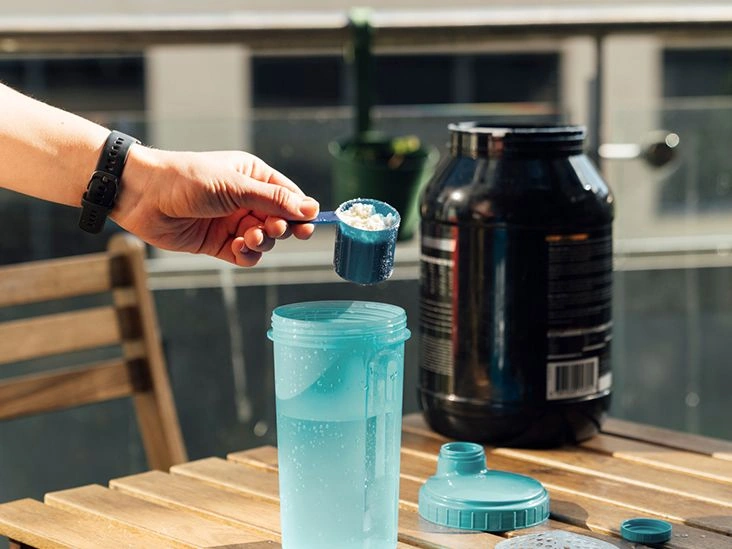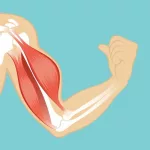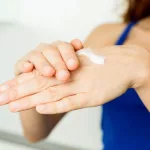The ideal timing for creatine supplementation can differ between training days and rest days. Consuming it close to your workout—either before or after—might offer more advantages.

Creatine is a nitrogen-containing organic compound naturally present in muscle cells. It’s one of the most widely used performance supplements because it could help:
- enhance muscular strength, endurance, and power
- promote increases in muscle mass
- aid recovery after exercise
- support cognitive function and mental performance
While creatine monohydrate is among the most researched supplements, evidence about the optimal timing for intake remains limited and mixed.
Continue reading to find out more about when to take creatine supplements for best results.
What to consider when timing creatine
Numerous studies have attempted to determine the most effective timing for creatine use.
On training days, the two most common timing strategies are:
- Pre-workout: Within 2 hours before starting your session.
- Post-workout: Within 1 hour after finishing your session.
You might also take creatine during your workout or at unrelated times. Another approach is splitting the daily amount and spreading doses across the day.
A 2021 review highlights several factors to keep in mind to optimize creatine uptake and effects:
- Absorption window: After ingesting about 5 grams of creatine, it typically takes 1–2 hours to transit the gut and be absorbed into the bloodstream to supply body tissues. This elevated availability can last up to 4 hours.
- Blood flow: Creatine may be absorbed more effectively during exercise-induced hyperemia—when blood flow to worked muscles is increased. This heightened flow can persist for 30 to 120 minutes after exercise, depending on intensity.
The AIS also indicates that creatine is better taken with a meal containing carbohydrates and protein because insulin may help boost creatine uptake.
»MORE:Healthline’s Picks for Creatine SupplementsShould you take creatine before or after training?
There’s limited direct evidence comparing pre- versus post-workout creatine. Some research and organizations like the AIS propose that post-exercise intake could be marginally superior, but findings are inconsistent.
A 2013 trial compared 5 g of creatine taken before or after workouts in adult men. Over 4 weeks, participants trained five times per week and consumed creatine either pre- or post-exercise.
By the study’s conclusion, those who took creatine after training experienced larger gains in lean mass and strength.
Consuming creatine with a meal within an hour of exercising may be advantageous because increased blood flow can enhance delivery of creatine to active muscles.
However, not all studies find benefits to post-exercise supplementation. For example, a 2014 study and a 2015 study reported no meaningful difference between taking creatine before or after exercise.
The authors of the 2021 review also point out that, given absorption timing and exercise-related blood flow, taking creatine 1–2 hours pre-exercise might produce effects similar to taking it post-workout.
This is because a 5-g dose will be absorbed into circulation by the time you begin training, and the subsequent rise in blood flow during exercise can aid its delivery to muscle cells.
Overall, based on the scarce evidence, there’s no definitive proof that pre- or post-workout timing consistently yields better outcomes.
How to time creatine on rest days
Timing is likely less critical on rest days compared with training days. The aim when supplementing on non-training days is to maintain elevated muscle creatine stores.
When initiating creatine supplementation, a loading protocol is often suggested. This typically means taking 20–25 g per day (split into 5-g servings) for 5–7 days to rapidly increase muscle creatine content.
After loading, a maintenance dose of about 3–5 g daily is commonly advised.
If you’re on a maintenance regimen, the purpose of taking creatine on rest days is simply to preserve the elevated muscle levels. In general, when you take this maintenance dose probably matters little.
Still, taking creatine with a meal may be useful, as the AIS recommends, since food can enhance absorption.
Best way to take creatine around workouts
Researchers have tested combining creatine with other nutrients—such as protein, carbohydrates, amino acids, cinnamon, and plant extracts—to boost its effectiveness.
The AIS recommends taking creatine alongside a meal containing roughly 50 g of protein and 50 g of carbohydrates to improve uptake.
This recommendation likely relates to insulin release from carbs, and protein intake has been linked to greater muscle mass, strength, and nutrient assimilation.
The AIS suggests dissolving creatine in water and consuming it with meals such as:
- 1 egg, 1 slice of toast, and a breakfast shake with 30 g of protein
- 1 chicken salad wrap (250 g) with a medium apple
- tofu and vegetable stir-fry served with rice
- breakfast cereal with yoghurt and milk
- tuna and lettuce sandwich paired with a banana smoothie
- steak with salad and roasted sweet potato
Takeaway
Creatine is a proven, generally safe supplement, though the best time to take it is still debated.
On training days, evidence suggests taking creatine close to your workout—either shortly before or after—may be more advantageous than taking it long before or well after exercise.
On rest days, taking it with food might be helpful, but precise timing is probably less crucial than on workout days.
If you’re considering creatine or unsure about timing, consult a healthcare provider or registered dietitian. They can advise on the most appropriate supplementation plan and schedule for your needs.


















Leave a Reply
You must be logged in to post a comment.